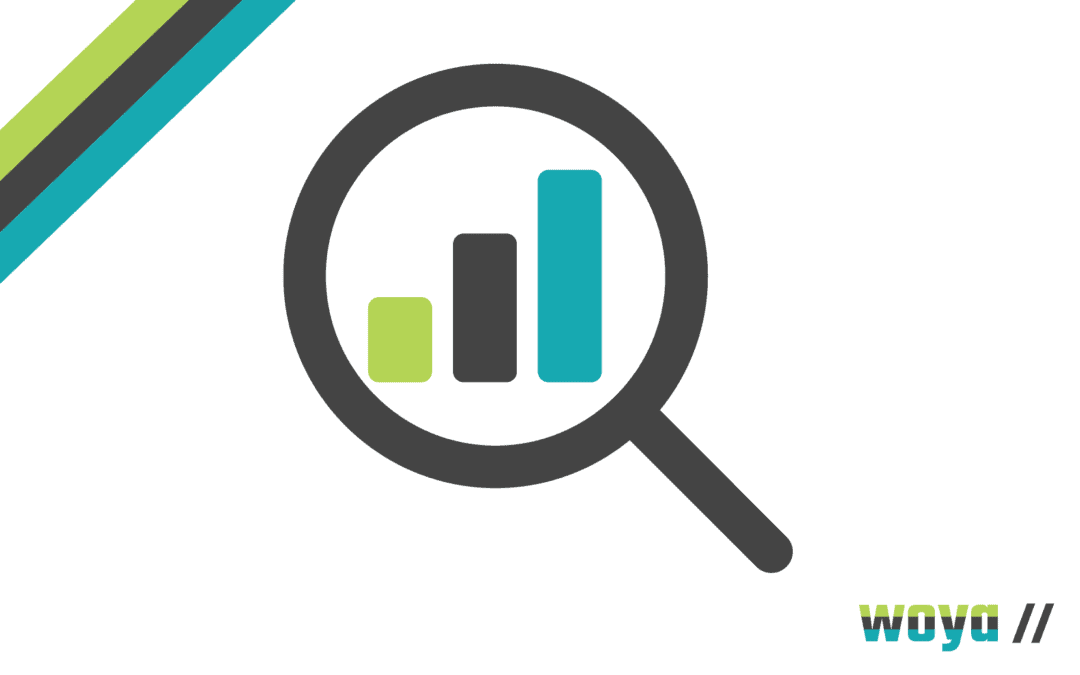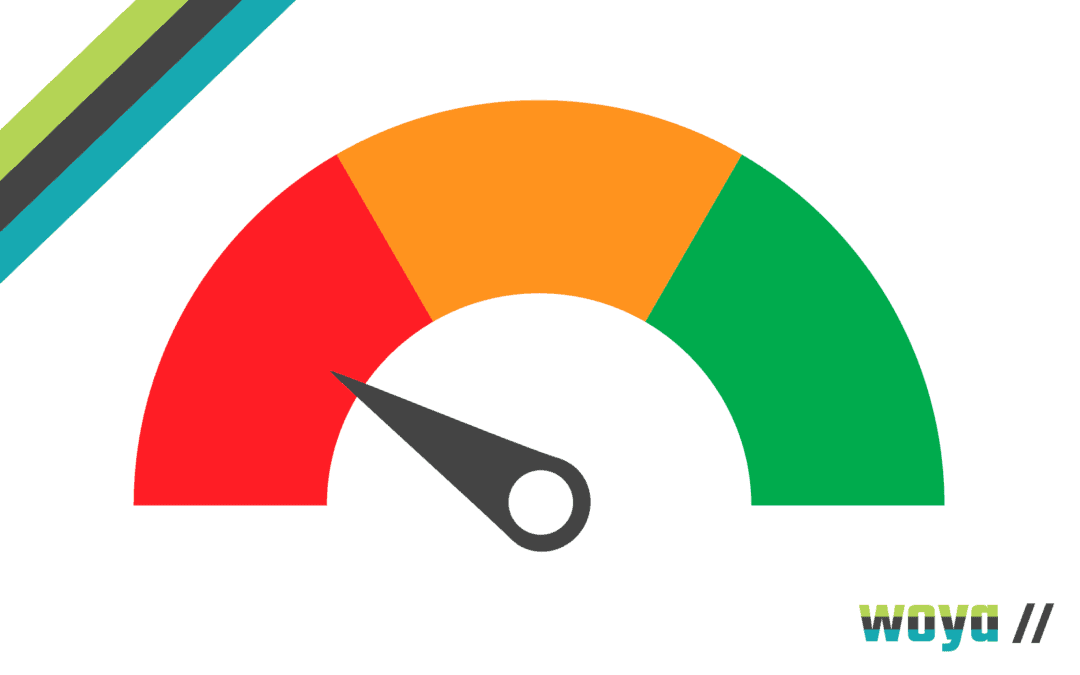
Google SEO Ranking Factors
Reading Time: 3 minutesSearch engines present what they deem to be relevant search results to users looking up various keywords and phrases, and to do this, their automated algorithm programs ‘crawl’ web content continuously.
These crawls pull up a variety of data and intelligence on websites, using this information to understand what a site is about, who its relevant for and what it offers. The elements of a website that are scanned and used by the search engine algorithms to determine where and how to rank them are known as SEO ranking factors.
It’s not known exactly how many webpages or websites are crawled by Google’s systems daily, but we do know that hundreds of billions of pages are scanned continuously; primarily based on previous searches made by search engine users. The crawlers work through site maps, paying attention to the usability and performance of the site overall, links to and from it, changes made to pages it has crawled before, and the content on the site itself.
Each of these SEO ranking factors are taken into account and this helps the system decide where to display a website on relevant SERPs (Search Engine Results Pages).
What are Google’s SEO Ranking Factors?
There is a common misconception that the only influence on search engine ranking is the written content within a website – and this has resulted in lots of websites being full of content that is stuffed with as many keywords and phrases as possible.
While this was effective in the early days of SEO, technology has moved on vastly since and this activity is now penalised by Google. There are now over 200 SEO ranking factors for Google alone.
Google’s SEO ranking factors change continuously and the algorithm changes and tweaks daily; so it’s nigh-on impossible to hit exactly the right spot for top organic SEO ranking all of the time. The 200+ SEO ranking factors that Google currently refers to includes, by is by no means limited to:
- Domain factors – security, keywords in domain, domain history, geographic registration
- Page-level factors – keyword usage, tags and meta data, content, page load speeds, image optimisation, responsiveness
- Site-level factors – site architecture, site uptime, site navigation, Core Web Vitals
- Backlink factors – links to and from the site and the authenticity of the sites linking
- User interaction – user behaviour, content interaction, traffic, bookmarks
- Algorithm rules – geo-targeting, safe search, shopping results, YouTube results, local results
- Brand signals – branded text, branded searches, linked social media accounts
- On-site webspam – pop-ups and ads, poor quality content, hidden links, on-site spamming
- Off-site webspam – site hacking, unnatural links, fake links, fake likes, spam traffic.
This variety in ranking factors highlights just how much ongoing work there is to be done to demonstrate to Google how useful and genuine a business’ website is.
Ranking Factors for other search engines
Google has by far the highest market share of search engines. However, there are audiences using search engines other than just Google.
SEO ranking factors aren’t made entirely public for all search engines, but all of the algorithms operate along roughly the same lines. There are some differences that should be noted, though, including:
- Bing have commented publicly that social media is a very influential factor in their SEO
- Yahoo relies heavily on Bing’s search algorithm and so optimising for Bing will too optimise for Bing
- DuckDuckGo does not track users and so results are never based on search history
- Baidu hugely favours domains registered in China
- Amazon essentially relies entirely on keywords.
Generally speaking, it is best to follow all of the principles of Google SEO in order to rank on other search engines too.
The Importance of Optimising SEO Ranking Factors
Google is an increasingly competitive search engine with 8.5 billion searches carried out daily, so there’s no shortage of traffic. If businesses are to gain competitive advantage over competitors, they must focus on SEO to ensure that they rank higher, are more likely to be found online.
The Most Important SEO Ranking Factors for Google
Not all SEO ranking factors are equal. Although there is no complete transparency over which are exactly the most influential in ranking score, the most important factors are more user-focused than content-focused.
Google prioritises site security, responsiveness and its overall customer experience as a very important SEO ranking factor. This also includes the crawlability of sites – because if it can’t be ‘crawled’, it can’t be assessed for ranking in SERPs.
Content does form an important part of SEO, and Google now considers high quality content more eminent than the presence of relevant keywords and phrases; although they too do influence.
SEO management involves a careful and curated balance of all elements of a website in order to provide the best and most relevant user experience possible – and this acts as an extension of the brand’s overall customer experience. This makes good business sense and cannot be underestimated in its contribution to the overarching brand perception.

